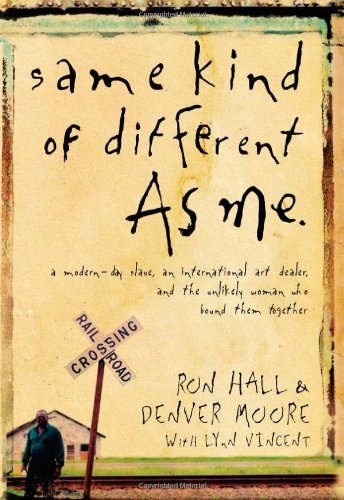I like to think that organizing a book club and writing a blog about the books I read means that I am a well-read person. But it's mostly a lie. I read every night, yes, but I don't read the books that I "should" read. You know, the books that
everyone else has read? I guess you could also call them "classics". Ha! Anyway, I am mostly in denial about this because of all of the other signs that point to me being a prolific consumer of literature, but every so often, I can't escape the fact that I'm a fraud. For example, when one of the book club members selects a collection of short stories by Ray Bradbury.
everyone else in the world: "Oh, this book will be great!
Fahrenheit 451 was so amazing, I bet this will be wonderful too."
me: ... *crickets chirping*... "yeah, totally."

I mean, obviously, I've heard of
Fahrenheit 451, I just haven't, you know...
read it. But that doesn't mean I couldn't enjoy this month's book selection
The Illustrated Man. Collections of short stories are almost always a hit at book club, because there's always enough variety that people find at least one story they connect with. This book was no exception- in fact, we unanimously liked the book!
The short stories in this book are all futuristic (though many take place in the 1980's or now-- they were all written in the 1950's) takes on technology and human nature. The stories either were about the end of the world through atomic warfare (something constantly present in the collective thoughts of the 1950's), or they were about a different life for people once space travel and "rocket men" were everywhere. While these specific events are not true of the future (at least yet) something Bradbury got right was the state of human nature. Bradbury captured the complexity of human character so perfectly-- while the potential for things like love and happiness exist in all of us, so do things like hate, fear, anger, and entitlement. Bradbury showed how consumerism and technology would be enough to corrupt us; while he was talking about rockets and not ipods, I'm not sure we are too far off his predictions of the world!
The short stories in this book were all tied together by the story of the illustrated man. This man was covered in magical tattoos that all moved and told stories, supposedly of the future. Each of the stories in the book was then supposedly one of the tattoos. I really liked this as a tool to tie the stories together. And in fact, the prologue and epilogue were some of my favorite parts of the whole collection! All in all, I thought this was a great book. After a fantastic discussion of this and Bradbury's other works, I may actually try to read
Fahrenheit 451 one of these days!
*A final note. There are many editions of this book, and between the six people at our meeting, we had four different versions that didn't always include the same stories. Only one or two stories were different between the versions, but until we discovered that, our discussions were pretty bizarre (e.g., "You don't remember that story? But it was one of the best!)

_by_Veronica_Roth_US_Hardcover_2011.jpg)


